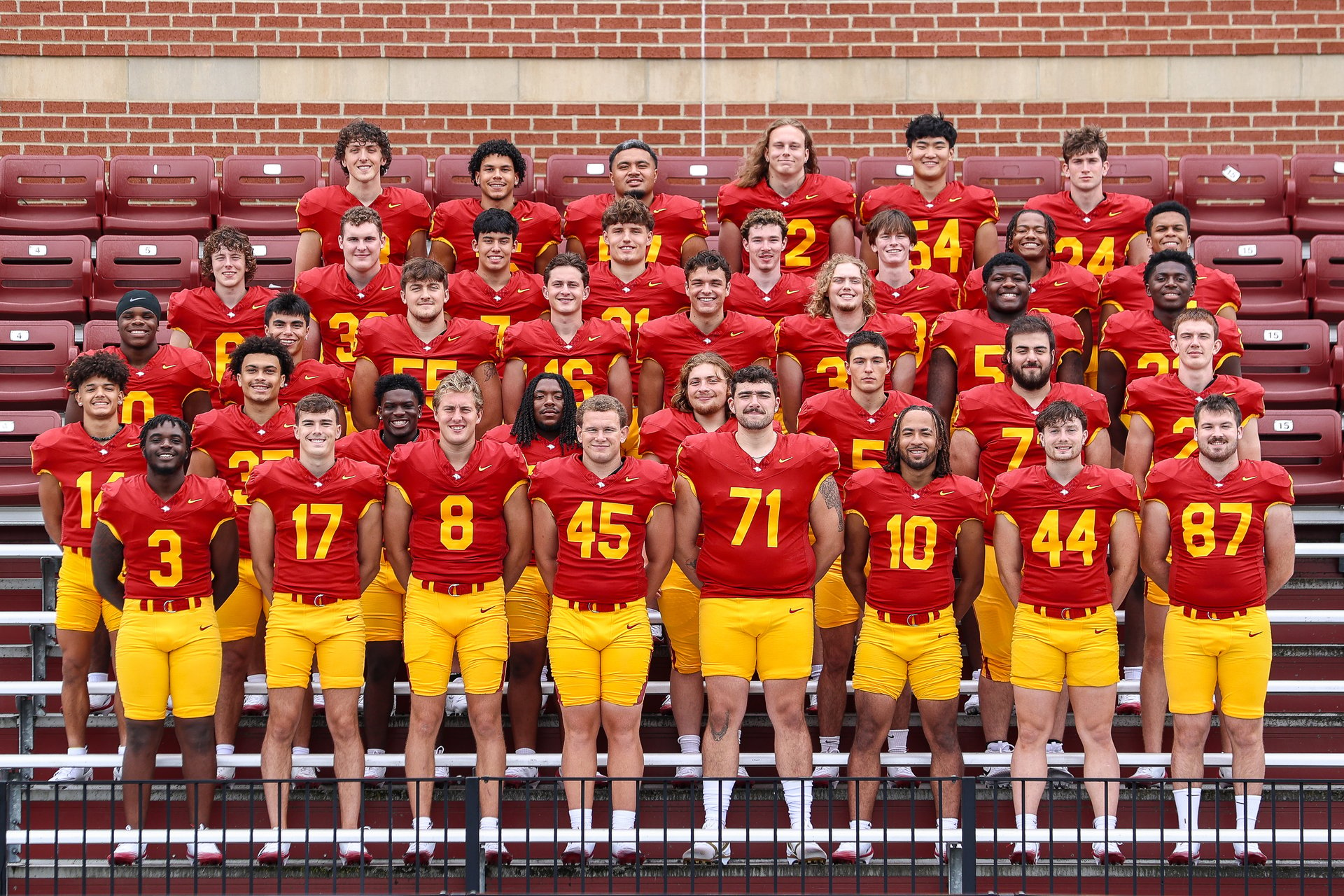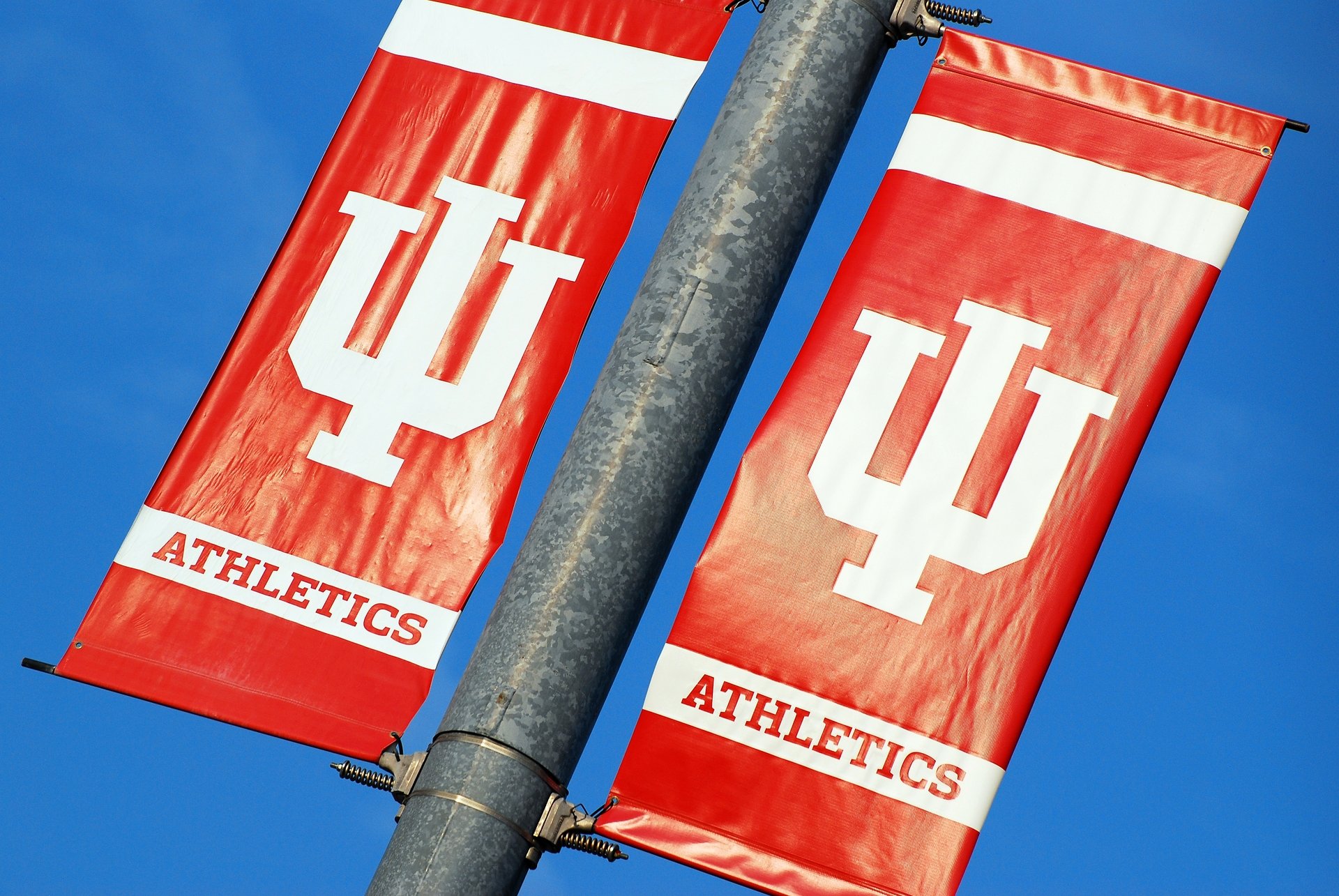Good morning, and thanks for your continued support of Extra Points.
It would be pretty easy to do a newsletter that did nothing more than point out the myriad problems and conflicts in the college athletics and NIL industries. Both have terrible player compensation problems, both have structural governance issues that would shock anybody in professional sports, both face significant regulatory uncertainty, etc.
I don’t want to shy away from pointing out problems. That is part of the job. But nobody wants to read a guy who does nothing but complain, right? You wouldn’t want to hang out with somebody like that. I wouldn’t either!
I do not have the answers on how to “fix” college sports. If I did, I would jack up my prices and hide them all behind the paywall.
But I have talked to enough collective operators, brands, marketing professionals, athletic directors, NIL professionals, and others over the last several months to come away with advice that I think would be helpful to others…at least in the NIL world.
Before I dig into the advice, let me try to standardize some terms.
When I’m talking about NIL, I’m talking about money that mostly comes from three different sources. There’s money that comes from brands/organizations hoping to partner with athletes to achieve specific business goals…brand NIL. There’s money raised by collectives from regular ol’ fans…the sort of people paying between $5-20 bucks a month. They want their team to win, but they also are going to want something in return for that spend (content, experiences, discounts, etc). Then there’s money that comes from very, very rich donors who are comfortable writing $50,000 and above checks without expecting anything in return beyond wins…the type of people who fuel most NIL collectives.
I do not have great advice on how to engage and shake down the mega-donors. But I do think I’ve learned some #tips on the first and second sources.
If there’s interest, I can do versions of this newsletter for collectives, brands, or others, but to keep this one under the Gmail word count, let me just focus on schools for this dispatch.
Focus first on relationships, not content or transactions
So many very well-meaning adults have latched on to the idea that college athletes everywhere are lacking in NIL Education, and badly need webinars, guest speakers, training modules, and all manner of information thrust upon them, so they’ll be prepared to file taxes, pick an agent and invest sensibly in retirement.
It’s probably true that many athletes don’t know about any of that stuff, and would certainly benefit from learning more about it. But I’ve come to believe that many of us middle-aged-ish educators, journalists, and entrepreneurs have forgotten what it’s like to be an exhausted, overscheduled 20-year-old.
Here is what is going to happen if you bring in a typical team of college athletes to sit down for any NIL-related presentation. They’re going to disengage. It doesn’t matter how many jokes you tell or how awesome your Google Slides deck is. Very, very few of the athletes are going to remember what you said.
It’s not because athletes are dumb or immature. It’s because they’re exhausted from their athletic, academic, and social obligations. And when you’re exhausted, and when you only have the perspective of a 20-year-old, information that doesn’t seem immediately relevant to your short-term needs is not going to be prioritized.
When I’ve talked with school-based professionals at places like LSU, Cincinnati, and Wisconsin, places that I think do a lot of NIL-related programming well, I’ve heard a consistent theme. NIL-focused administrators focus on building relationships and trust with athletes first, and then, once the relationship is established, the athletes come to them when they need something.


















